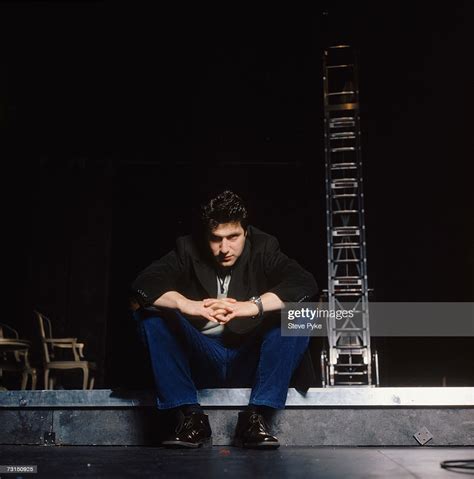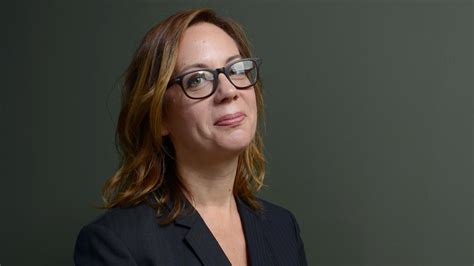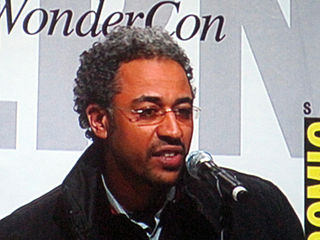A Quote by Richard Wright
I did not know if the story was factually true or not, but it was emotionally true [...].
Quote Topics
Related Quotes
I think that is one of the things that is beautiful about fiction and that you can do through drama. If I was a detective, I could make a certain version of everything we know to be exactly true. And that would have a certain kind of truth value. And there are certain other things that we know that are emotionally true.
There are two magic acts I want to pull off when I write. One is creating a feeling that when you're inside a book, you believe everything you're reading even when you know it's not true. And the second is an extension of that, which is you know it's not true, you know it's not real, but you believe it anyway. And it's that believing of the story that isn't real that attracted me to writing and storytelling in general.






































